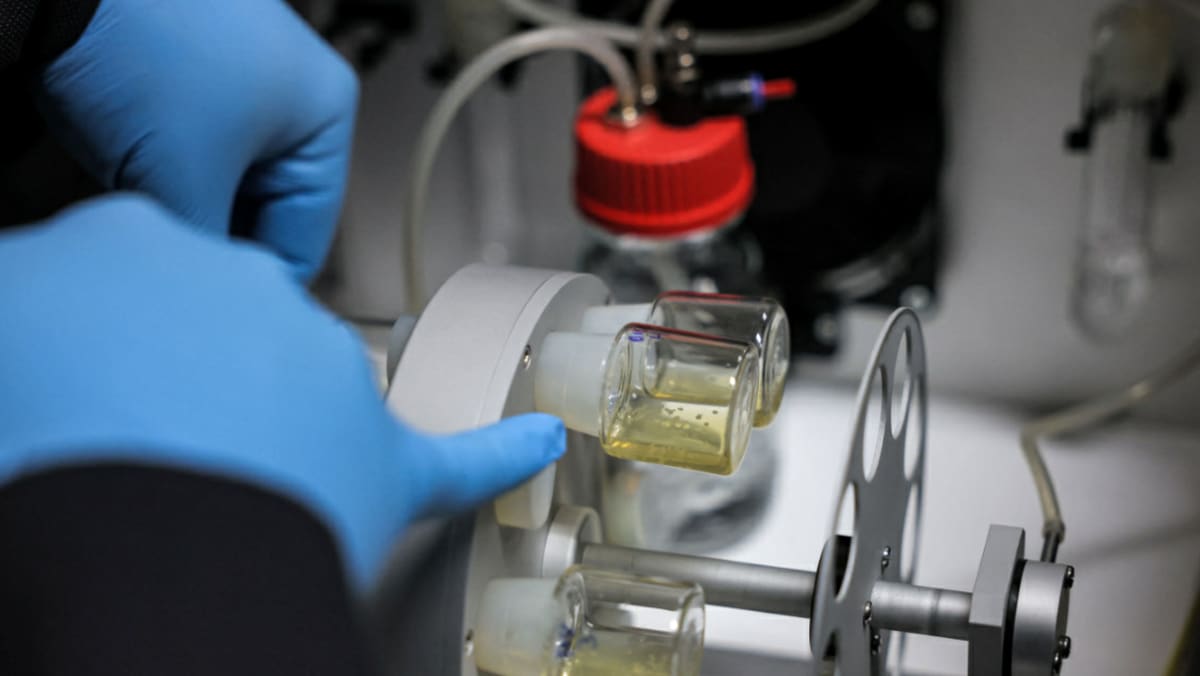‘Synthetic embryo’ breakthrough but growing human organs far off
“NOT EMBRYOS”
While they were the most advanced synthetic embryo-like structures ever grown, some scientists not involved in the research warned against calling them “embryos”.
“These are not embryos,” French stem cell scientist Laurent David told AFP.
“Until proven otherwise, they do not result in a viable individual capable of reproducing,” he added.
He preferred to call them embryoids, the name for a group of cells that resemble an embryo, emphasising that they showed only the very beginnings of organs.
However, David welcomed the “very convincing” research, which he said could allow further experiments to understand exactly how organs form.
Hanna said the team’s “next challenge is to understand how stem cells know what to do –= how they self-assemble into organs and find their way to their assigned spots inside an embryo”.
ETHICAL IMPLICATIONS
If human organs could one day be grown in a lab, it could provide life-saving transplants to thousands of people every year without the need for donors.
There has been progress in this new field – several years ago researchers managed to develop an artificial intestine in the lab that could be implanted into a mouse.
For humans, however, such organ implants remain science fiction.
Still, Hanna has founded a company, Renewal Bio, that aims to find a way to use the technology for therapeutic purposes.
Researchers not involved in the study said it was very early to consider using such a technique for humans.
Alfonso Martinez Arias of Spain’s Pompeu Fabra University said the breakthrough “opens the door to similar studies with human cells, though there are many regulatory hoops to get through first and, from the point of view of the experiments, human systems lag behind mouse systems”.
And aiming to get similar results from human cells will likely open an ethical can of worms.
“Although the prospect of synthetic human embryos is still distant, it will be crucial to engage in wider discussions about the legal and ethical implications of such research,” James Briscoe of Britain’s Francis Crick Institute said.
For all the latest world News Click Here

